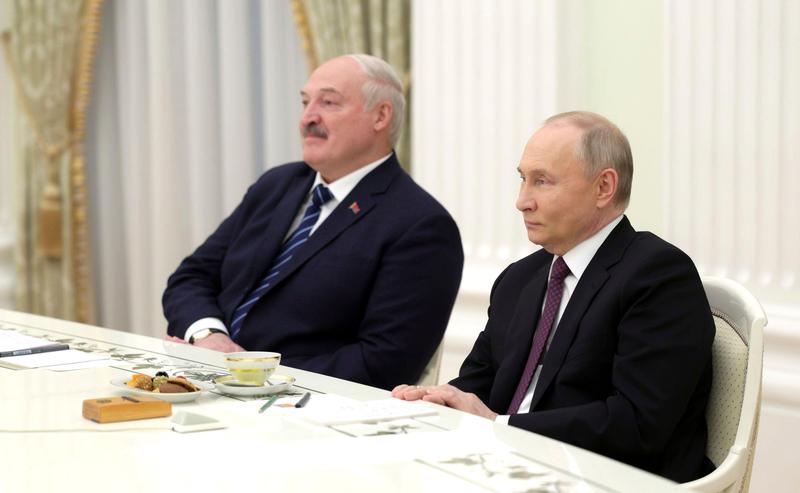Romania's political instability could limit the government's capacity to strengthen the control on public finance, as to reduce the budget deficit. This could "threaten" the country's foreign agreement with the IMF and European Commission, a Raiffeisen Bank analysis shows. It would have a negative impact on the risk perception addressing Romania, and therefore, on the exchange rate and real economy, deepening the recession.
Raiffeinsen analysts show that as far as politics is concerned, there are two solutions available for the period to come. Firstly, the ministers who presented their resignation will be replaced by temporary ministers. The Government could, thus, function for 45 days before electing a new Executive, approved by the Parliament. Secondly, a new government could be formed immediately and approved by the Parliament.
"In both cases, the situation is not easy, taking into consideration that no party has a majority in the Parliament. Plus, there is no sight of a new coalition. This means that the political instability will continue in the following months", the analysis shows.
The analysts indicate that the market reacted at the political crisis, with the national currency - the leu - dropping 1.2% against the euro in the first part of the inter-banking session.
The reference course listed by the Romanian Central Bank (BNR) went up by more than five bani on Thursday, to 4.2495 lei per euro.




















